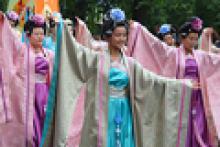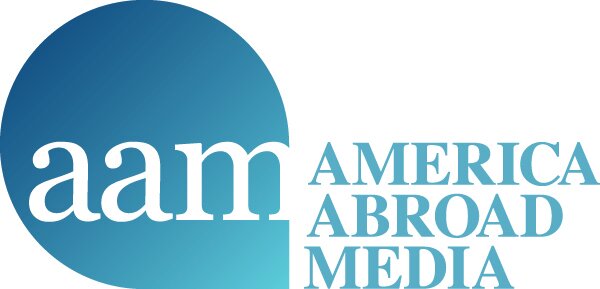The First Freedom
“I had foreign officials saying, 'Why do you Americans care so much about religious freedom?' They'd never run into this with any other governments.”
– John Hanford, former Ambassador-at-Large at the State Department’s Office of International Religious Freedom
Chalk that up to the Pilgrims, or perhaps James Madison. After all, he established religion as the first freedom in the Bill of Rights. Since then, religious liberty has been an American institution. But it wasn't until 1998 that Congress commanded the US to promote religious freedom around the globe. And, in a world where religious intolerance and abuse is on the rise, the secular-minded State Department is conflicted over this mission of freeing the faithful and punishing the persecutors. Often, the promotion of religious freedom is sacrificed on the altar of strategic and economic worship.
Freedom of religion is gospel in the US, and it's canonized in international law. There's growing evidence it is a seed that sprouts stable societies, and that religious repression in the world is a national security threat. We visit Vietnam where US pressure has led to moderate religious reforms, and Pakistan where promoting religious freedom takes a back pew to US strategic interests.
Executive Producer: Aaron Lobel / AAM Producers: Monica Bushman, Sean Carberry, Matt Ozug, Monica Villavicencio and Chris Williams / Interns: Natalie Friedman, Alex Taylor and Jake Yarmus / Photo Credit: Matt Ozug / Host: Ray Suarez
+ Trade-Offs In Promoting International Religious Freedom
Hear the stories of Ammar Abdulameer, Haifa Pola and Mohammed Yussef, three Iraqi refugees making new lives for themselves in the US.
And, Deborah Amos speaks with Dr. Elizabeth Ferris of the Brookings-Bern Project on Internal Displacement about the millions of internally displaced and exiled Iraqis.
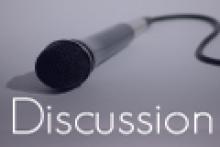
+ Field Report From Pakistan
Sean Carberry travels to Pakistan, where violence against minority faiths is on the rise, to measure the gap between the laws and the practice of religious liberty.
Guests include Asma Jahangir, Chairperson of the Human Rights Commission of Pakistan; Jerry Firestein, Deputy Chief of Mission at the US Embassy in Pakistan; Shireen Mazari, Spokesperson for the Movement for Justice political party; and Mohammed Ibrahim, Senator from the Northwest Frontier Province.
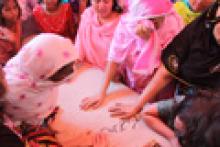
+ International Religious Freedom Act
Ray Suarez explores how officials in the US Office of International Religious Freedom sought to further religious liberty in Vietnam.
Guests include Robert Seiple, former Ambassador-at-Large at the State Department’s Office of International Religious Freedom; John Hanford, Sieple’s successor at the Office of International Religious Freedom; and William Inboden, former Special Advisor in the Office of International Religious Freedom.
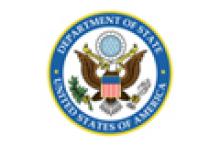
+ Field Report From Vietnam
Matt Ozug travels to Vietnam, to look at what US diplomatic pressure has yielded for that nation’s faithful.
Guests include Michael Cromartie, Vice Chair of the U.S. Commission on International Religious Freedom; Rev. Nghia Trung Tran, General Secretary of the Vietnamese Presbyterian Church; Nguyen Van Kien, Vietnam-USA Society; Michael Michalak, US Ambassador to Vietnam; Le Quoc Quan, Human Rights Attorney; and Father Peter Nguyen, Catholic priest.
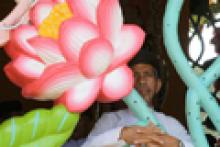
+ Balancing The Promotion Of Religious Freedom In China
Ray Suarez examines the efforts of lobbying groups to win the ear of a US government balancing the promotion of religious freedom in China with a host of other interests, from trade and finance to security.
Guests include Anne Yang, Volunteer for Falun Dafa Practitioners Association; Rep. Frank Wolf (R-VA); Ping Yu, Falun Gong Practitioner; Tom Farr, Senior Fellow at Georgetown University’s Berkley Center for Religion, Peace and World Affairs; Scott Flipse, Director of East Asia Policy and Programs at the US Commission on International Religious Freedom; and Dennis Wilder, former Senior Director for East Asian Affairs at the National Security Council.
